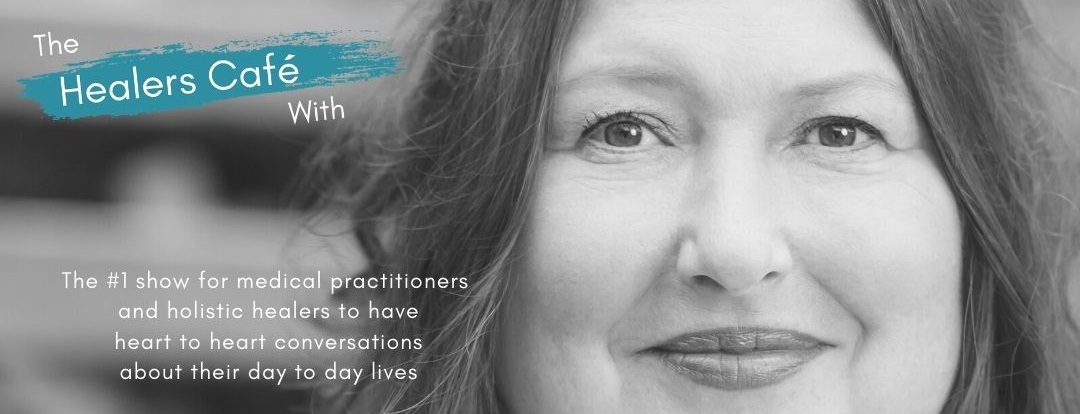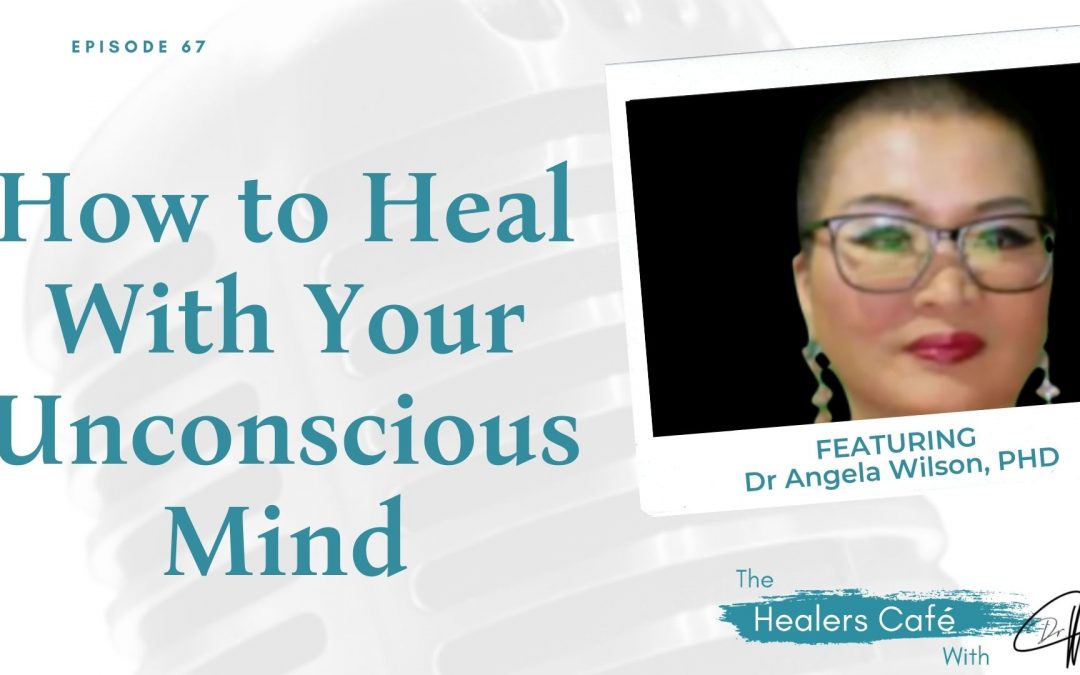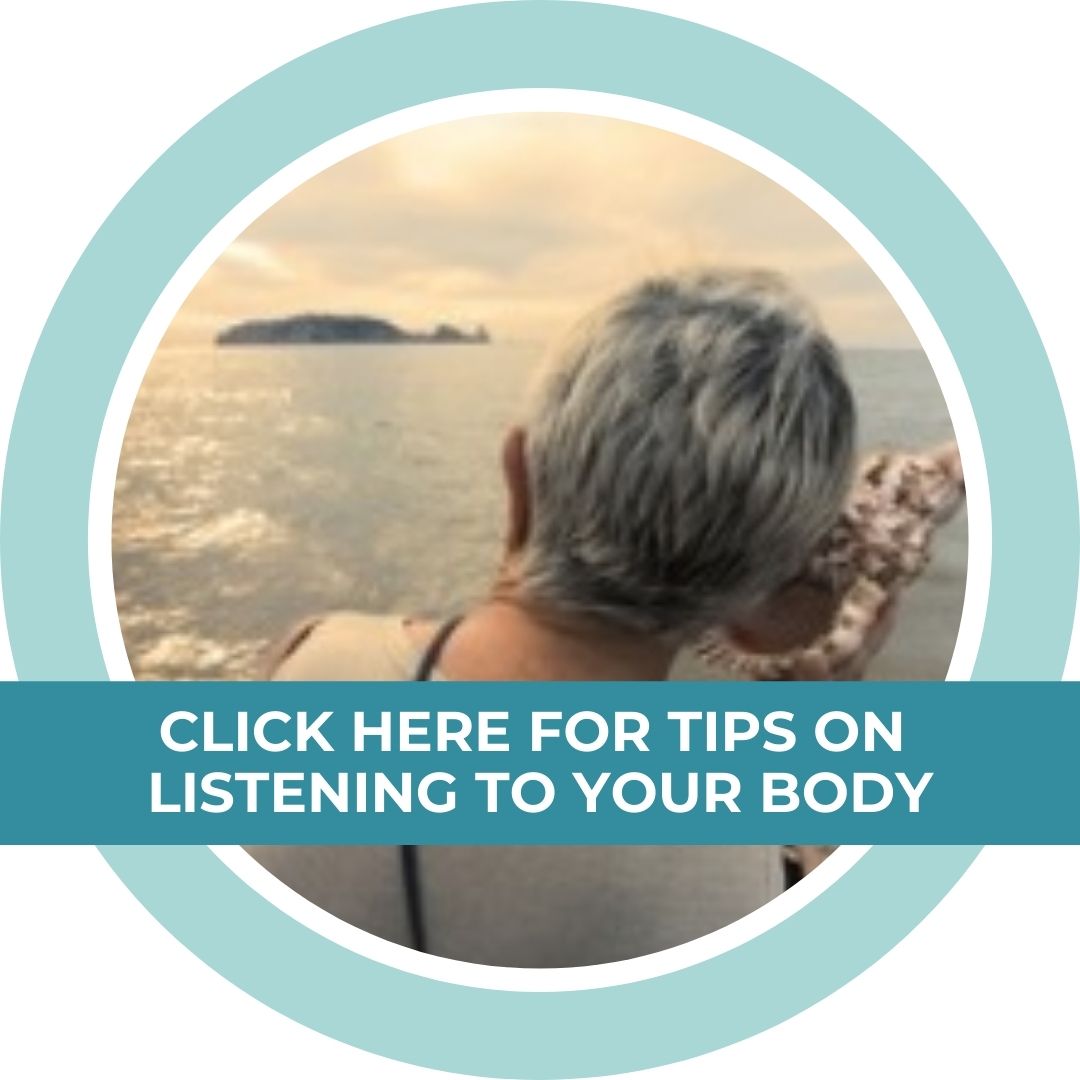
If you haven’t done so, would you please RATE and REVIEW The Healers Café podcast? It definitely is appreciated
Follow / Listen to The Healers Cafe on:
iTunes | Google Play | Spotify, | Libsyn | iHeartRadio | Gaana | The Healers Cafe | Radio.com | and many more

Dr Angela Wilson, PHD
How to Heal With Your Unconscious Mind with Dr Angela Wilson, PHD on The Healers Café with Dr. Manon Bolliger, ND
In this episode of The Healers Café, Dr. Manon Bolliger, ND, talks to Dr Angela Wilson, Dr. Angela Wilson is A serial entrepreneur | Mind Matrix Specialist | Transcendence Expert | Wealth & Success Strategist | Celebrity Interviewer | Humanitarian Activist | Global Peace & Civility Ambassador | Certified Training Provider | International Speaker | Actress
Highlights from today’s episode include:
Dr Angela Wilson
So, what I saw every day is basically all the human beings suffering is what I saw in the childhood I saw premature baby just born dead and I saw the powerful the rich, the poor, the vulnerable all suffer physically, emotionally mentally, and then suddenly die. That’s freaking me out, then I really worry where’s my future?
Dr Angela Wilson
So, I told myself I have to survive. So, I’m conscious I every night actually I am working on my body without even knowing I was working. I just know the scenes I do not like I need get rid of. I have to control what I can control, nobody put me under the wing. I have to find a solution but how? What assets do I have? The only assets I have is my body. Then I start questioning my body. Me, I need to save me. But who is the me? My body, my arm…but who is me?
Dr Angela Wilson
That is the time of when I decided to make a diligent effort. So, every night I was working started searching and that’s how my secret formula Path to Liberty came out. So, I survived my whole life regardless of what it is about, that’s why I never caught up with all the health issue. You know, when you are clean, you also can read people. I know how to read people, you know to escape the old potential traps in business, wealth accumulation.
About Dr Angela Wilson, PHD
Dr. Angela Wilson is A serial entrepreneur | Mind Matrix Specialist | Transcendence Expert | Wealth & Success Strategist | Celebrity Interviewer | Humanitarian Activist | Global Peace & Civility Ambassador | Certified Training Provider | International Speaker | Actress.
Her unusual way of landing on earth and unique experience in the medical environment as a toddler led her has her hands on what humanity is looking for but afraid most of us to find.”
“Her practical application for you as a human being will open you up to broader things that you never thought possible and give you a very solid grounding foundation that is unshakable. ”
Her experiences tapping into the “largely inaccessible unconscious mind” connecting with the infinite universal energy realm started since her birth.
She protects clients on their self-discovery and self-mastery journey to the next level they are ready to access. known as Mind Power Lady, Dr Angela Wilson shares personal stories of her bold journey finding her way back home where she comes from.
Core purpose / passion: My core purpose and mission are to contribute to global peace. https://www.pathtoliberty.org/
About Dr. Manon Bolliger, ND:
Dr. Manon is a Naturopathic Doctor, the Founder of Bowen College, an International Speaker, she did a TEDx talk “Your Body is Smarter than you think. Why aren’t you Listening?” in Jan 2021, and is the author of Amazon best-selling books “What Patient’s Don’t Say if Doctors Don’t Ask”. & “A Healer in Every Household” For more great information to go to her weekly blog: http://bowencollege.com/blog.
For tips on health & healing go to: https://www.drmanonbolliger.com/tips
SOCIAL MEDIA:
Dr. Manon, ND – Facebook | Instagram | LinkedIn | YouTube | Twitter
About The Healers Café:
Dr. Manon’s show is the #1 show for medical practitioners and holistic healers to have heart to heart conversations about their day to day lives.
Follow us on social media! https://www.facebook.com/thehealerscafe

No Results Found
The page you requested could not be found. Try refining your search, or use the navigation above to locate the post.
Other Episodes
Resources:
If you haven’t done so, would you please RATE and REVIEW The Healers Café podcast? It definitely is appreciated.
Follow / Listen to The Healers Cafe on:
iTunes | Google Play | Spotify, | Libsyn | iHeartRadio | Gaana | The Healers Cafe | Radio.com | and many more
Get This Episode
No Results Found
The page you requested could not be found. Try refining your search, or use the navigation above to locate the post.